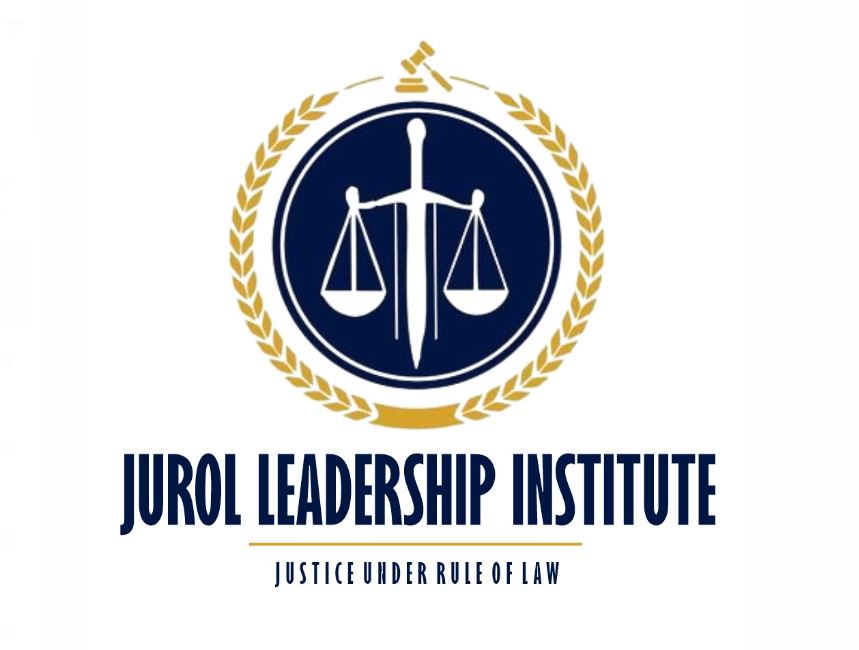Published
1 year agoon
By
Peter Smith
Introduction:
In recent years, Zimbabwe has found itself at a crossroads, grappling with issues of governance, democracy, and the rule of law. At the heart of this struggle are key figures, notably President Emmerson Mnangagwa and opposition leader Nelson Chamisa. However, the battle playing out in the nation goes beyond personalities—it is a contest between upholding the Rule of Law and consolidating individual power. This article examines the dynamics of this ongoing conflict, exploring the events of November 2017, July 2018, and August 2023 to determine whether Mnangagwa prevailed over the Rule of Law.
The Rule of Law vs. Personal Agendas:
Zimbabwe’s Constitution, a fundamental guiding document, emphasizes the supremacy of the law. Section 2(1) unequivocally states that any law, practice, custom, or conduct inconsistent with the Constitution is invalid to the extent of that inconsistency. This provision safeguards the principles of justice, accountability, and democracy, promoting a system where no individual is above the law.
The individuals mentioned in the recent discourse—Mnangagwa and Chamisa—are key players in the nation’s political landscape. However, the central issue is whether their actions align with or challenge the constitutional obligations that bind all individuals, including the State.
A Recap of Key Moments:
The events of November 2017 marked a turning point in Zimbabwe’s recent history. Mnangagwa’s ascension to power followed a military intervention that led to the ousting of then-President Robert Mugabe. While the transition was heralded by some as a shift toward democracy, others questioned the means through which it was achieved. Did Mnangagwa’s rise uphold the Rule of Law, or did it set a precedent of circumventing established democratic processes?
The July 2018 elections brought both hope and skepticism to Zimbabweans. Mnangagwa’s victory was marred by allegations of irregularities and claims of electoral manipulation. The opposition, led by Chamisa, challenged the outcome, raising concerns about the fairness and transparency of the process. The question arises: Did these elections reflect a commitment to the Rule of Law, or did they deepen doubts about the sanctity of democratic principles?
The August 2023 elections witnessed yet another round of electoral contestation. Accusations of impropriety and electoral misconduct have once again cast a shadow over the process. As Zimbabweans await the outcome, the question lingers: Did Mnangagwa’s actions throughout these elections uphold the Rule of Law, or did they undermine the people’s trust in the democratic process?
Conclusion:
The struggle in Zimbabwe transcends the rivalry between individuals—it is a fight for the country’s democratic integrity and the supremacy of the Rule of Law. The Constitution, as the highest legal authority, outlines the obligations that bind all citizens, including those in positions of power. As Zimbabweans reflect on the events of November 2017, July 2018, and August 2023, the focus should not solely be on Mnangagwa or Chamisa, but on the broader implications for the nation’s democratic future.
The real question remains: Did Zimbabwe, as embodied by its leaders, choose to uphold the Rule of Law or opt for a path of expediency? The answer holds significance not just for the present moment, but for the country’s trajectory as a whole. As citizens engage in robust discourse, it is their collective commitment to the Rule of Law that will ultimately shape Zimbabwe’s destiny.





Warning: Undefined variable $user_ID in /home/iniafrica/public_html/wp-content/themes/zox-news/comments.php on line 49
You must be logged in to post a comment Login